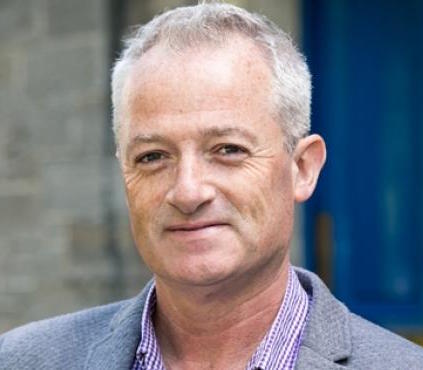Pádraig Murphy
Covid-19 and the climate emergency have shown how vulnerable the world is and how rapidly we all need to respond to sudden shocks to the system. Standard dissemination as “explanation” about the science of the coronavirus or climate change will continue to be needed urgently but will not be enough: continuous public and civic society involvement is vital. Inter- and multidisciplinary research needs to be more adaptive, such as DCU Covid-19 Research and Innovation Hub and this university’s centralised response to the Sustainable Development Goals, but there will also need to be a larger role for publics in order for us to work together for common solutions. This changes fundamentally how we think about how communication works for research and development.
One particular application of anticipatory governance (Guston, 2014) used in the fields of innovation studies and science and technology studies addresses highly politicised technoscientific issues that require multiple-criteria assessment and resolution. This is a highly participative democratic system of governance that creates ‘capacity extended through society that can act on a variety of inputs to manage emerging knowledge-based technologies while such management is still possible’, in other words anticipation rather than prediction with as many experts involved as possible before the situation inevitably changes. Public expertise – once called “lay expertise” – is highly valuable to this process looking at ways of assessing different potential futures and how we can all adapt quickly (Muiderman et al, 2020).
Guston’s (2014) application of an anticipatory governance protocol offers solutions where capacities are created in foresight, engagement, integration and mutually-reflexive coproduction. Foresight in this context means setting out a range of alternative futures for wider consideration among experts and publics. Engagement refers to multiple stakeholder and public involvement in detailed processes, stratified while avoiding pitfalls of disinformation. Integration means a research policy governance system that is truly multi- and transdisciplinary, several modes of knowledge working together. Finally, what Guston calls “ensemble” is a mutually-reflexive coproduction where the entire system creates new knowledge from expert and public collaboration.
This method has implications for policymakers, politicians and the voting public. Policy solutions include a robust science assessed more widely for policy solutions, not a science that controls policy, in a process that has often been termed “public-led, expert-fed”.
References
DCU Covid-19 Research and Innovation Hub (2021) [online] Available from: https://www.dcu.ie/dcu-covid-19-research [Accessed 16 July 2021]
Guston, D.H. (2014). ‘Understanding ‘anticipatory governance’’ Social Studies of Science 44 (2) pp218-242. doi:10.1177/0306312713508669
Muiderman, K, Gupta, A, Vervoort, J, Biermann, F. (2020) ‘Four approaches to anticipatory climate governance: Different conceptions of the future and implications for the present’ WIREs Climate Change 11, e673. https://doi.org/10.1002/wcc.673










